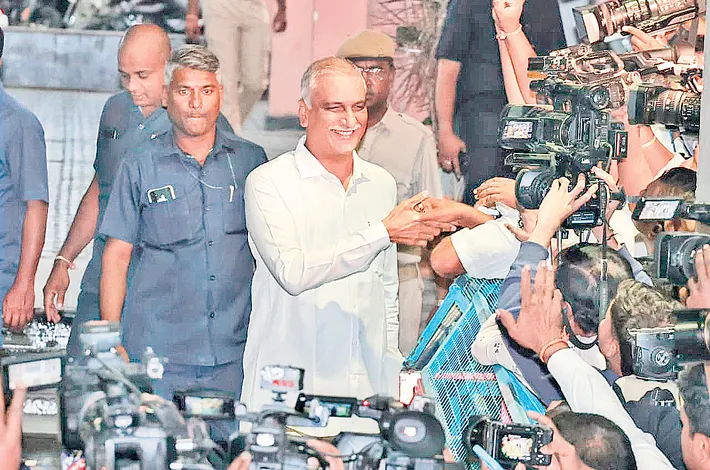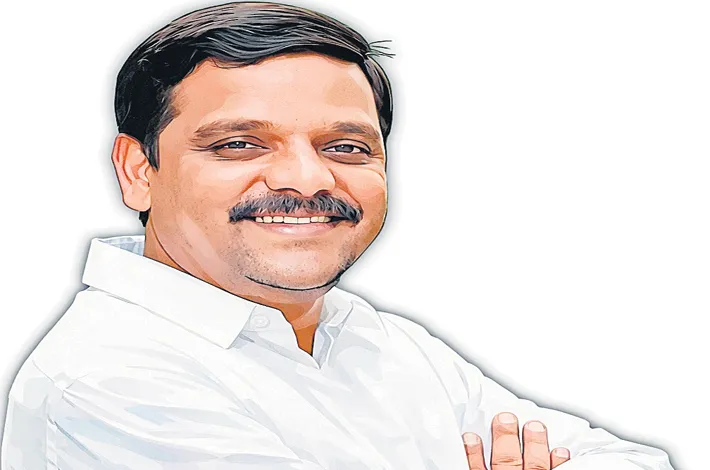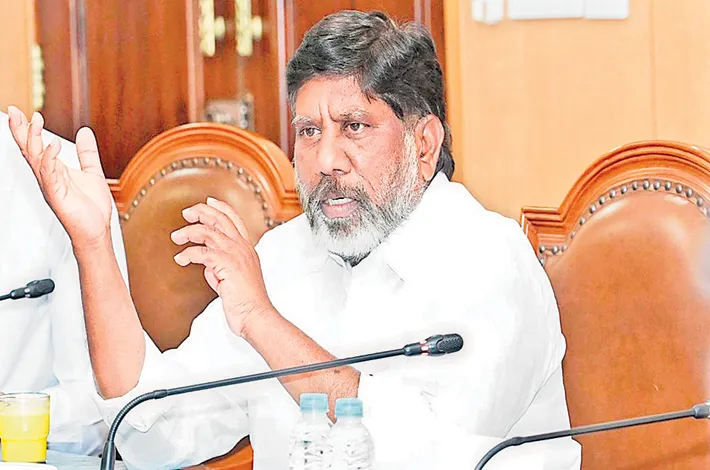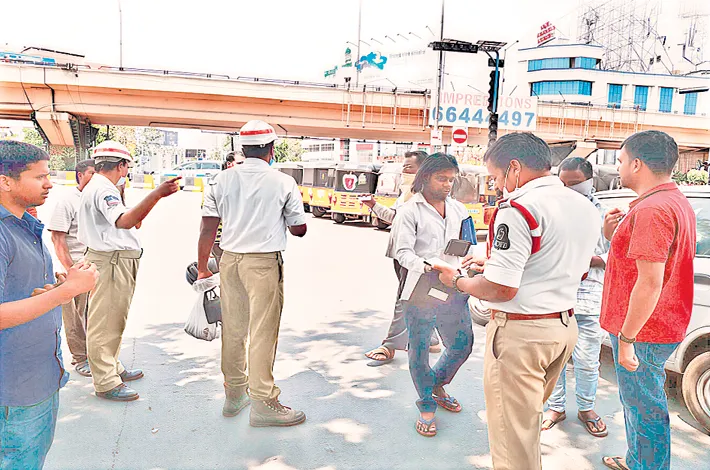Supreme’s verdict on Governor’s discretion: Constitutional safeguards or scope for misuse?
24-11-2025 12:00:00 AM
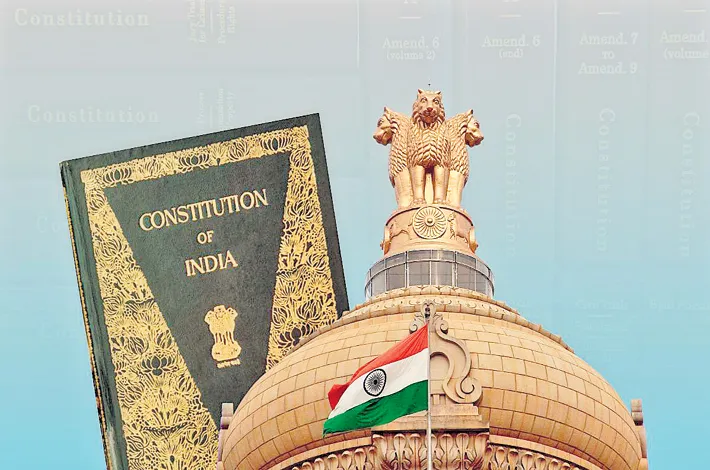
In a significant advisory opinion delivered on a rare Presidential reference, a five-judge Constitution Bench of the Supreme Court on Thursday refused to prescribe any fixed timeline for Governors or the President to grant assent to bills passed by state legislatures.
The bench explicitly overruled the concept of “deemed assent” and watered down its own April 2024 verdict that had imposed a three-month deadline, but simultaneously sent a strong message: Governors cannot sit indefinitely on bills, cannot act as a “super chief minister,” and there cannot be “two executives” in a state.
The court clarified that if a bill is sent back to the assembly for reconsideration and is passed again without changes, the Governor has no option but to grant assent. It also held that while courts will generally not fix deadlines in the abstract, prolonged, unexplained, and indefinite delays can invite limited judicial scrutiny on a case-to-case basis.The verdict has triggered sharp criticism from opposition parties and several senior lawyers who see it as a major setback to parliamentary democracy in the states.
A senior Supreme Court advocate launched a blistering attack, calling the opinion “undemocratic” and “unconstitutional”. He opined that the verdict sounded like a “death knell for parliamentary democracy, arguing that the phrase “as soon as possible” in Article 200 is a constitutional mandate that cannot be reduced to a vague “reasonable time”. He accused the bench of handing Governors unchecked power to “hijack democracy” from elected legislatures, especially in opposition-ruled states.
Another advocate echoed the concern, describing the ruling as “a step backwards” and “an opportunity lost”. She said the April 2024 judgment by Justices Pardiwala and Mahadevan was a landmark decision that had correctly read a reasonable timeline into the Constitution. She argued that a week or two weeks is reasonable unless the bill is extraordinarily complicated, warning that leaving the term “reasonable time” undefined will only lead to more litigation and uncertainty.
She also reinforced the political angle, noting that bills are cleared within days in BJP-ruled states while opposition-ruled states routinely face inordinate delays. She however, cautioned against prescribing timelines in the abstract. “How do you define a reasonable timeline? Water seeks its own level,” she said, adding that even basic features of the Constitution remain subject to judicial review in extraordinary cases.
In sharp contrast, a former Supreme Court judge and another former Additional Solicitor General (ASG) strongly defended the Constitution Bench verdict. The judge described it as “impeccably balanced” and one that “diluted the extreme view” taken by the two-judge bench. She argued that the framers of the Constitution could never have envisaged Governors acting unreasonably for years, but imposing rigid timelines across the board was neither practical nor desirable.The former ASG emphasised the special oath taken by Governors under Article 159 — to “preserve, protect and defend the Constitution and the law” — which, he said, sets them apart from other constitutional functionaries.
He pointed out that Article 200 gives Governors three clear options (assent, withhold assent, or reserve for President) and that mechanically binding them to the aid-and-advice of the Council of Ministers would render that oath and those options meaningless. He acknowledged that no one can justify Governors sitting on bills for years, but insisted the Supreme Court has kept the doors open for judicial intervention in cases of “unreasonable delay”. He cited examples from Himachal Pradesh and Punjab where, in his view, state legislatures had passed laws that directly violated UGC regulations or earlier Supreme Court judgments, justifying gubernatorial scrutiny.
A DMK spokesperson representing one of the states said to be worst affected by gubernatorial delays, called the situation a “travesty of democracy”. Pointing to Tamil Nadu where several bills remained pending with the Governor for over two years, made it clear that a bill passed by the legislature is the voice of 8.4 crore people of Tamil Nadu. He expressed anguish that if a Governor sits on it for more than half the Assembly’s term, “democracy itself is stifled.” He blamed the phenomenon largely on Governors appointed after 2014 in non-BJP-ruled states acting with political motive.
The controversy had begun when Tamil Nadu, Kerala, Punjab, and Telangana moved the Supreme Court against their Governors withholding assent to multiple bills for months and even years. The April 2024 ruling had brought relief by imposing timelines, but Thursday’s advisory opinion on the Presidential reference has substantially diluted that protection.
While the bench kept the door open for states to approach the court in cases of “inordinate delay”, legal experts expressed scepticism about how effective that remedy will be without clear guidelines on what constitutes “reasonable” or “inordinate”. The absence of a fixed outer limit, they fear, may encourage Governors to test the boundaries, forcing state governments into repeated litigation.
Opposition chief ministers are already studying the verdict. Sources indicate that several states are preparing fresh petitions arguing that continued delays amount to colorable exercise of power and violation of federalism. With the advisory opinion now in the public domain, political parties in opposition-ruled states are likely to study its implications closely.
Several chief ministers have already indicated they may approach the Supreme Court again if Governors continue to withhold assent without justification. For now, the message from the country’s highest court appears to be: Governors must act reasonably and without indefinite delay — but exactly how soon is “soon” will be decided on a case-by-case basis, not by a judicially imposed clock.





